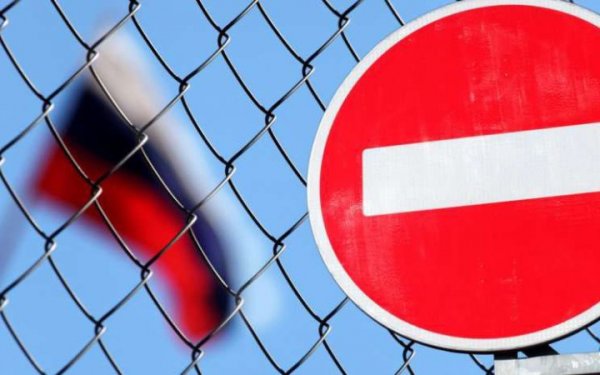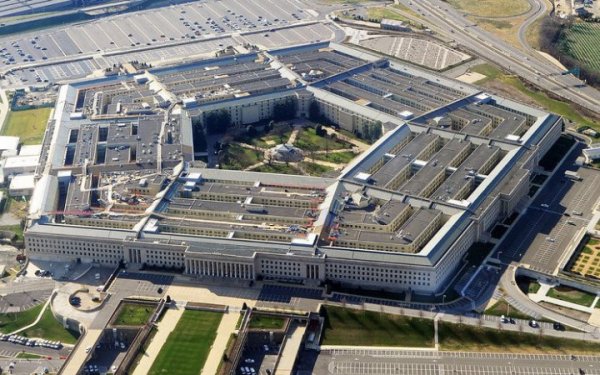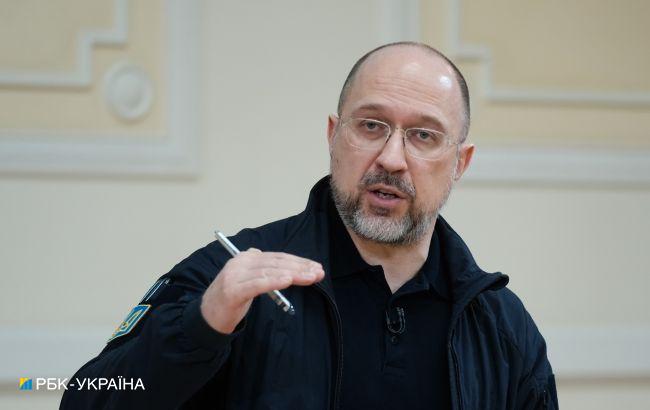There are restrictions for Moscow in the field of trade, finance, technology and dual-use goods.

Russia for another six months – until July 31, 2024.
This is stated on the Council website.
“These sanctions, first introduced in 2014 in response to Russian actions destabilizing the situation in Ukraine, have been significantly expanded since February 2022 in response to Russia's unprovoked, unjustified and illegal military aggression against Ukraine,” it said.
Subscribe to our Telegram channel
Sanctions, in particular, provide for restrictions in the areas of trade, finance, technology and dual-use goods, industry, transport and luxury goods. They also cover:
- a ban on the import or transportation by sea of crude oil and certain petroleum products from Russia to the EU,
- disconnection of several Russian banks from the international SWIFT system,
- termination of language activities and licenses of several Kremlin-backed disinformation media .
In addition, the Council introduced measures to strengthen the EU's ability to counter evasion of sanctions.
In addition to economic sanctions against the Russian Federation, other measures are in effect. In particular, economic relations with the occupied Crimea, as well as with the “DPR” and “LPR”, have been limited, individual sanctions have been introduced, providing for the freezing of financial assets and a ban on travel to the European Union, as well as diplomatic measures.
It is indicated that that Moscow has not stopped its aggression in Ukraine, which is a serious violation of its obligations under international law. “It is therefore advisable to maintain all measures introduced by the EU and take additional measures if necessary,” the EU Council added.
- Since 24 February 2022, the EU has adopted 12 packages of sanctions in response to Russia's full-scale invasion of Ukraine.
- On 18 December 2023, the EU Council adopted a twelfth package of economic and individual restrictive measures. The EU, in particular, introduced a ban on the direct or indirect import, purchase or transportation of diamonds and strengthened control over compliance with restrictive measures. At the same time, EU member countries intend to extend the grace period for imports of Russian steel until October 2028.
- Then Deputy Head of the Presidential Office Igor Zhovkva said that the European Union had begun work on the 13th package of sanctions.
- Minister of Transport and Communications of Lithuania Marius Skuodis, after a meeting with his Latvian and Estonian counterparts, said that the Baltic countries support the inclusion of Russian and Belarusian grain in the package of sanctions of the European Union.
- A week ago Politico that in The focus of the new package of EU sanctions is Russian aluminum. Previous rounds of sanctions left about 85% of Russian metal exports to the EU untouched.






